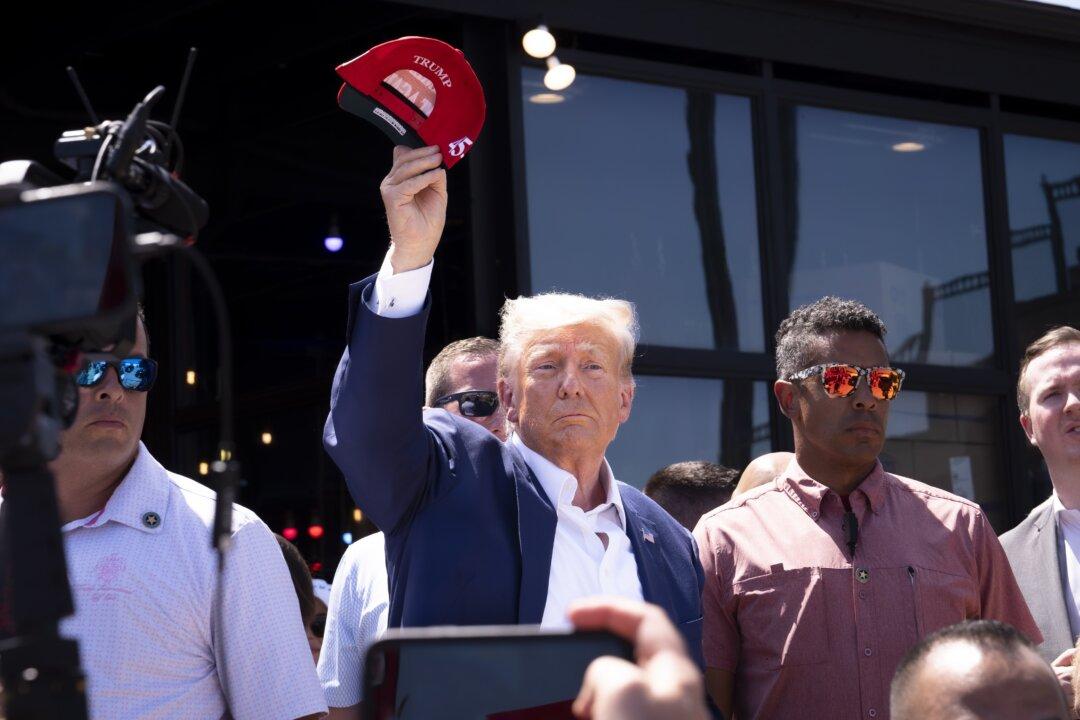Citizens for Responsibility and Ethics in Washington, a liberal group, filed a lawsuit against the Secretary of State in Colorado and former President Donald Trump, who is seeking to run again for the presidency in 2024, on behalf of six voters.
The group argued in the lawsuit filed Wednesday that, under the 14th Amendment, those who have supported an “insurrection” cannot hold office. They allege that President Trump’s challenge of the 2020 election results constituted just that.





